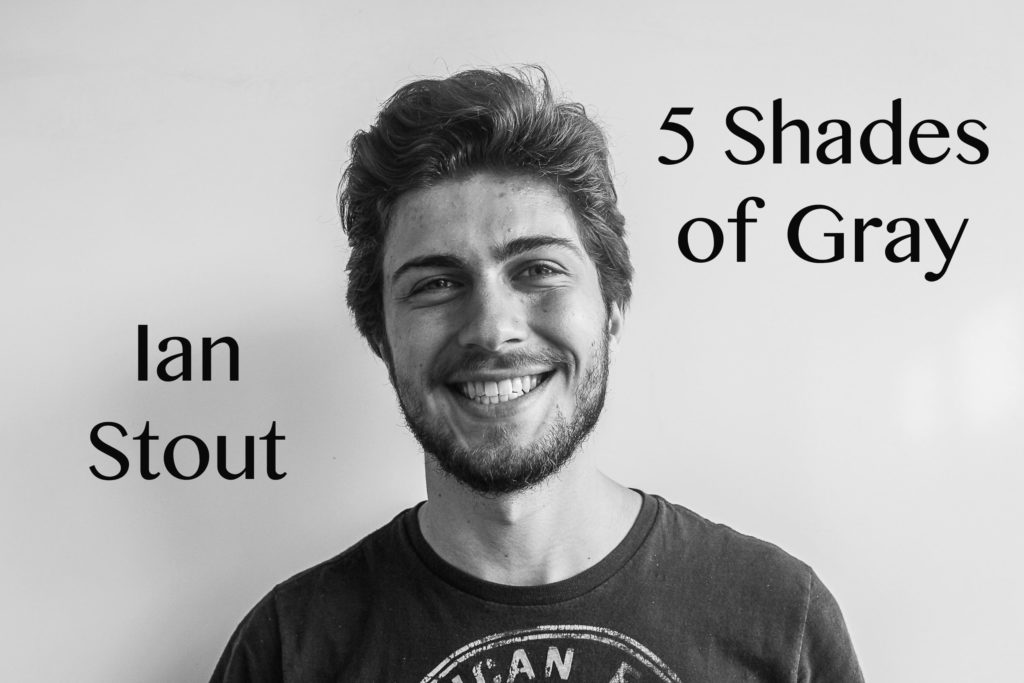Everyone in our generation knows “the Boy Who Lived.” J.K. Rowling’s whimsical series lives on in the hearts of millions as a landmark for the young fantasy novel, yet Harry Potter has, without a doubt, become more obscure for newer generations in the face of newer, fresher storylines. And that’s totally okay. We can revisit this beloved novel and deny that human hands could ever make a more brilliant storyline, but there will always be new young teens thirsty for a novel catharsis that caters to and molds their social outlooks. How else would they make sense of the bizarre world of high school?
One literary theme that has struck a chord with today’s preteens is the concept of the apocalypse. Take “The Hunger Games” book series. It has enthralled millions of teenagers with its depiction of a young woman who shoots arrows at her problems and picks between a sweet baker boy and a psychopathic killer (Team Peeta all the way) as a survival mechanism in a post-apocalyptic dystopia. Total sales: over 50 million copies.
Young adult TV has also been infected with the same apocalypse-obsession virus. “The Walking Dead” season seven premier turned a beloved character into zombie food, and we couldn’t wait for the next episode. There’s something raw and addicting about AMC’s depiction of a lawless world. It flavors our peer-to-peer conversations with expressions of frustration and lamentation. My generation discusses character decisions in “The Walking Dead” like the two old men sitting on a balcony in The Muppets; ergo, that we could do a better job of surviving in the post-apocalyptic world than them (ex: “Why didn’t you just shoot the stupid zombie Carl?!”)
Many of us consume apocalyptic media in this fashion because we are trying to rationalize Armageddon. There’s a key catharsis we subscribe to when we fetishize a “survivor scenario,” wherein our survival is implied and we have the tools to handle the post-apocalyptic world. But this situation we fabricate could not be further from the reality of Armageddon. If a worldwide nuclear war were to occur, most of us would likely not survive, and those of us that did would find that rhetorical and writing skills do not translate well to wilderness survival. In short: we would all die and there would be nothing left to inherit the earth.
Kurt Vonnegut once wrote that the threat of a world-ending nuclear war had robbed us of “plain old death.” This “plain old death” has been expressed in many iterations, such as the Bible’s End of the World. The Bible finally resolves when God destroys the world and subsequently creates a “New Jerusalem,” or another generation that inherits the human legacy. Something lives on and assures us that humans continue to exist.
The multitude of nuclear panics in the Cold War shattered this mythos of a “New Jerusalem.” Looking down the shaft of a nuclear missile wizened us to mankind’s capacity to extinguish its own future. Since the Cold War, all we’ve done is anticipate our extinction.
We are, in fact, terrified of our own extermination. And we should be, because it’s quite a potent possibility. Environmental and nuclear disaster loom over our 21st century lives like an invisible clown breathing down our necks. Our culture, our politics and our conversations all cater to the fact that humans have not demonstrated that it can handle a nuclear crisis.
My generation has not lived through a war of apocalyptic potential. We were born into a world that had sighed in relief that it had escaped Armageddon. Now, we are forging out our adult lives in a world that is again holding its breath.
Thus, we recreate the experience of Armageddon in a glass box called ‘culture’ and take it in bite-sized pieces. In the human condition, consuming fear with is much more palatable than letting the fear consume us.
So enjoy apocalyptic culture for all it is worth, but be wary of those who would manipulate your survivor mindset for their own purposes.





















































Martin Campbell '13 • Nov 15, 2016 at 7:07 pm
Considering the countless false predictions of impending doom throughout history and across cultures, it’s fair to say every generation is fascinated by the apocalypse. To a certain extent, we all go through a stage of wishing we could bear witness to the end of the world—there’s even a whole theological subfield dedicated to it: eschatology. Apocalyptic thinking is probably a critical element of the human condition—after all, as the only species capable of contemplating our own mortality, you could credibly argue we genuinely can’t help it.
The question is, why? Well, for one it’s an easy way to make us feel like we matter—every generation wants to feel like they’re special, and what could be more unique than living in the end times? Furthermore, despite our impressive cognitive capabilities, humans remain incredibly short-sighted and self-centered. Long after we’re all gone, the world will continue to turn, but can any of us really truly imagine a future in which we longer exist?
Immersing ourselves in an apocalyptic mindset is inherently appealing because it’s an effective heuristic to comfort our individual egos yet also simultaneously transcend them.